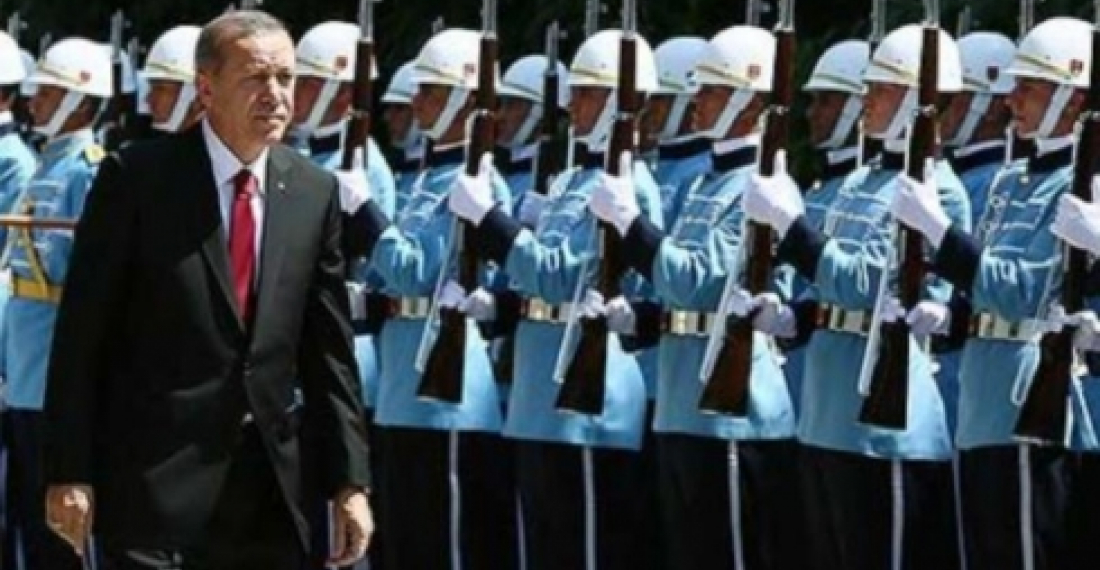Recep Tayyip Erdogan was sworn in as Turkey's 12th President on Thursday, 28 August, after 12 years as Prime Minister, further strengthening his position as the most powerful leader of the country.
Erdogan read the presidential oath before the Turkish Parliament before moving to the Presidential Palace in Ankara's Cankaya District where a splendid handover ceremony took place with the participation of representatives from more than 90 countries.
Erdogan was elected to the presidency by the people's direct vote on 10 August, getting 52 percent of votes.
In his first address after being sworn-in as Turkish Head of State, President Erdogan said that he was the first head of the Turkish nation elected directly by the people in the two thousand years of Turkish history, Erdogan said today was the beginning of a new era in Turkey. "I am very proud of this", he added.
Erdogan vowed that he will continue to work to make Turkey a more democratic and prosperous country and spoke about the principles that will underpin his foreign policy
"The main axis of our foreign policy is peace, solidarity and welfare. Turkey doesn't have an eye on any country's territories or their internal issues. We don't have any plans or project like that," he added. He also added that Turkey's path to EU membership will continue.
source: commonspace.eu with agencies.
photo: President Erdigan inspecting a Guard of Honour at the Presidential Palace in Ankara shortly after being sworn in as the first directly elected Turkish Head of State on 28 August 2014.







